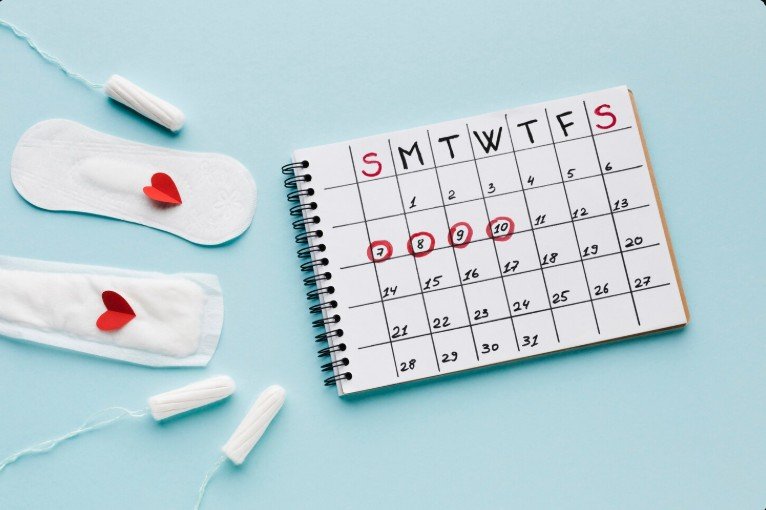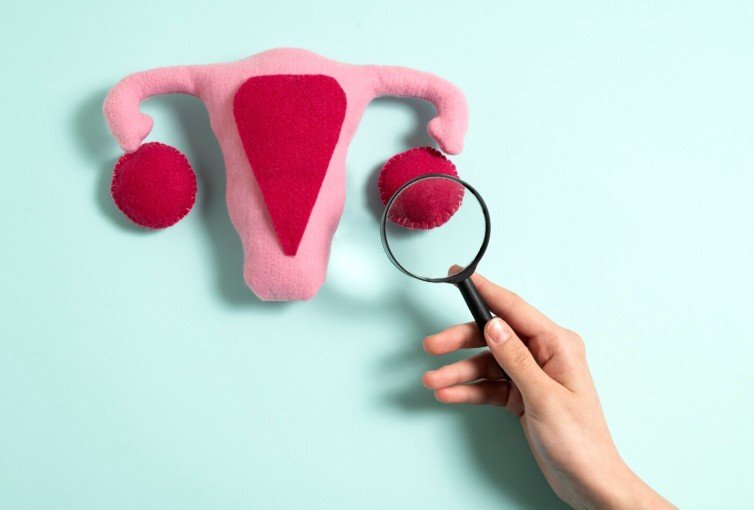Discovering that you are pregnant for the first time is an unforgettable moment—filled with joy, excitement, curiosity, and sometimes a little fear. From physical changes to emotional ups and downs, a first pregnancy brings many questions. Having the right medical guidance during this phase makes all the difference for both the mother and the baby. If you are expecting your first child, consulting Dr. Shweta Mendiratta, the best pregnancy doctor in Faridabad, ensures expert care, clear guidance, and complete peace of mind throughout your pregnancy journey.
Why First Pregnancy Needs Special Care
A first pregnancy is a new experience for the body. Hormonal changes, lifestyle adjustments, and emotional transitions happen simultaneously. Many women are unsure about what is normal and when to seek medical help.
An experienced pregnancy doctor in Faridabad helps you understand these changes, prevents complications, and supports healthy fetal development right from the beginning.
Confirming Pregnancy and First Doctor Visit
Once pregnancy is confirmed, your first antenatal visit plays a crucial role. During this visit, Dr. Shweta Mendiratta:
-
Confirms pregnancy and estimates due date
-
Reviews medical and menstrual history
-
Advises essential blood tests and ultrasound
-
Discusses lifestyle, nutrition, and supplements
-
Answers common concerns of first-time mothers
Early consultation helps detect potential risks and sets a strong foundation for a healthy pregnancy.
Important Tips for First-Time Mothers
1. Start Antenatal Care Early
Early and regular antenatal check-ups are essential. They help monitor the baby’s growth, track the mother’s health, and detect complications at an early stage.
2. Follow a Balanced Pregnancy Diet
Nutrition plays a vital role during pregnancy. A healthy diet should include:
-
Fresh fruits and vegetables
-
Whole grains and pulses
-
Protein-rich foods
-
Adequate fluids
Dr. Shweta Mendiratta, a trusted pregnancy doctor in Faridabad, provides personalised dietary advice suitable for each trimester.
3. Take Prescribed Supplements Only
Folic acid, iron, calcium, and other supplements are important, but they should always be taken under medical supervision. Avoid self-medication during pregnancy.
4. Understand Physical Changes
First-time mothers often worry about symptoms like nausea, fatigue, breast tenderness, and mood swings. These are usually normal in early pregnancy. However, severe pain, bleeding, or persistent discomfort should be reported immediately.
5. Maintain a Healthy Lifestyle
Simple lifestyle habits can positively impact pregnancy:
-
Get adequate rest and sleep
-
Practice light physical activity if advised
-
Avoid smoking, alcohol, and caffeine
-
Reduce stress through relaxation techniques
Guidance from the best pregnancy doctor in Faridabad ensures safe daily routines.
Emotional Well-being During First Pregnancy
Emotional changes are common during pregnancy, especially the first one. Anxiety about childbirth, baby’s health, and body changes is normal. Talking openly with your doctor helps ease these fears.
Dr. Shweta Mendiratta is known for her compassionate approach, making first-time mothers feel comfortable, confident, and emotionally supported throughout their pregnancy.
Importance of Regular Ultrasounds and Tests
Routine investigations during pregnancy help monitor fetal development and maternal health. These may include:
-
Early pregnancy ultrasound
-
Anomaly scan
-
Growth scans
-
Blood pressure and sugar monitoring
Timely testing ensures early detection of any concerns and allows prompt management.
Preparing for Normal Delivery
First-time mothers often worry about delivery. With proper prenatal care, guidance, and preparation, normal delivery is possible for many women.
As a highly trusted normal delivery doctor in Faridabad, Dr. Shweta Mendiratta focuses on:
-
Educating mothers about labour stages
-
Encouraging natural birthing practices when possible
-
Ensuring mother and baby safety at all times
Common Mistakes First-Time Pregnant Women Should Avoid
-
Skipping antenatal appointments
-
Following unverified advice from the internet
-
Ignoring warning signs
-
Overexertion or poor diet
-
Delaying medical consultation
Regular follow-ups with a reliable pregnancy specialist in Faridabad help avoid these mistakes.
When to Contact Your Doctor Immediately
Seek medical attention if you experience:
-
Vaginal bleeding
-
Severe abdominal pain
-
Persistent vomiting
-
High fever
-
Sudden swelling of face or hands
-
Reduced fetal movements (later stages)
Prompt care can prevent complications and protect both mother and baby.
Why Choose Dr. Shweta Mendiratta for First Pregnancy Care in Faridabad?
Women across Faridabad trust Dr. Shweta Mendiratta because of her:
-
Extensive experience in pregnancy and antenatal care
-
Patient-centric and reassuring approach
-
Clear communication and guidance
-
Focus on safe and healthy motherhood
-
Strong reputation as the best pregnancy doctor in Faridabad
She ensures every first-time mother feels informed, confident, and well cared for at every stage.
A Beautiful Beginning with the Right Care
Your first pregnancy is a precious journey that deserves expert medical support and compassionate care. With timely guidance, healthy habits, and regular check-ups, you can enjoy this phase with confidence and joy.
Consult Dr. Shweta Mendiratta – Best Pregnancy Doctor in Faridabad, and take the first step toward a safe, healthy, and happy motherhood experience.











